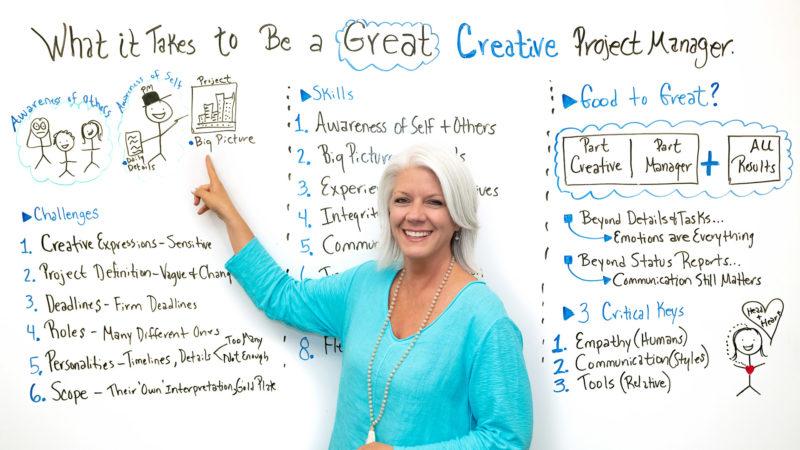Top Skills and Responsibilities of a Project Manager in EdTech: Yoru Ultimate Career Guide
Introduction
The education technology (EdTech) sector is booming, revolutionizing the way students learn and educators teach. as the demand for digital learning solutions continues to rise, universities, colleges, and schools increasingly require skilled project managers to drive successful edtech initiatives.If you are interested in building a rewarding career as a project manager in EdTech, understanding the core skills, daily responsibilities, and growth opportunities is essential.This extensive guide will equip you with valuable insights to help you succeed in this dynamic field.
What is a Project Manager in EdTech?
A project manager in education technology oversees the planning, execution, and delivery of technology-driven projects within educational institutions. These professionals serve as the bridge between faculty, administrators, technical teams, and vendors to ensure seamless implementation and adoption of digital learning tools, online platforms, or IT infrastructure upgrades. Whether launching a new Learning Management System (LMS), rolling out e-learning initiatives, or integrating educational software, the project manager plays a crucial role in enhancing the learning experience.
Top Skills for a Project manager in EdTech
Excelling as a project manager in EdTech requires a blend of technical, managerial, and interpersonal competencies. Here are the top skills employers look for:
1. Project Management Expertise
- proficiency in Project Management Methodologies: Understanding Agile, Scrum, Waterfall, or hybrid approaches for organizing and executing projects efficiently.
- Scheduling and Planning: Breaking down complex projects into manageable tasks, setting milestones, and allocating resources accordingly.
- Risk Management: Identifying potential obstacles early and formulating strategies to mitigate them.
2. technical Literacy
- Familiarity with EdTech Solutions: Knowledge of commonly used systems such as LMS (e.g., Canvas, Moodle, Blackboard), student details systems (SIS), or online assessment tools.
- Understanding IT Infrastructure: Awareness of network requirements, data privacy, and integration with existing technology.
- Basic Coding or Software Implementation Skills: While not always mandatory, the ability to communicate with developers or IT staff can be a significant advantage.
3. Interaction and Leadership Skills
- Stakeholder Management: Effectively collaborating with educators, administrative staff, students, and third-party vendors.
- Clear Reporting: Presenting project updates, progress reports, and post-implementation evaluations to both technical and non-technical audiences.
- Conflict Resolution: Navigating disagreements or competing priorities to maintain project momentum.
4. Problem Solving and Adaptability
- Analytical Thinking: assessing challenges and developing creative, effective solutions quickly.
- Adaptability: Remaining flexible in the face of evolving technologies and changing institutional needs.
5. Educational Insight
- Understanding Pedagogy: Appreciating how technology can best serve the educational goals of faculty and students.
- Change Management: Preparing end-users (educators and students) for new systems through training and support.
Core Responsibilities of a Project manager in Education Technology
The daily responsibilities of an EdTech project manager vary depending on the scope and complexity of the project. Here are the common duties you can expect:
- Project Planning: Defining project objectives, scopes, deliverables, timelines, and resource requirements in collaboration with stakeholders.
- Team Coordination: Assembling cross-functional teams comprising educators, IT staff, content creators, and subject matter experts.
- Budget Management: Overseeing expenditures, tracking costs, and keeping projects aligned with financial constraints.
- Implementation Oversight: Supervising the deployment of educational technologies, conducting pilot tests, and addressing any technical issues as they arise.
- Progress Monitoring: Tracking milestones, adjusting plans as needed, and reporting status updates to leadership.
- Quality Assurance: Ensuring that delivered solutions meet quality standards, user needs, and compliance requirements.
- Stakeholder Engagement: Managing communication with all parties involved to align expectations and handle feedback.
- User Training and Support: Organizing workshops, documentation, and ongoing assistance for educators, staff, and students integrating new technologies.
Benefits of a Project Manager career in EdTech
Choosing to be a project manager in education technology offers a wealth of professional and personal benefits:
- Career Growth: The expanding EdTech sector opens doors to advancement and specialization as technology continues to transform education.
- Making a Difference: Directly contribute to improving learning outcomes and student experiences.
- Variety of Projects: Work on diverse initiatives across K-12, higher education, or vocational training institutions.
- Collaboration Opportunities: Partner with passionate educators, technologists, and industry partners.
- Competitive Salaries: Project management roles in EdTech often come with attractive pay and benefits, especially with experience or advanced certifications.
Practical Tips for Launching or Advancing Your EdTech Project Management Career
- Gain Relevant Qualifications: While some positions require a bachelor’s or master’s degree in education, computer science, or a related field, certifications like PMP (Project Management Professional) or Agile/Scrum credentials can boost your profile.
- Stay Current with EdTech trends: Continually upskill on the latest digital learning tools, educational platforms, and pedagogical best practices.
- Build Your Network: Attend EdTech conferences, join professional associations, and connect with leaders in educational innovation to uncover job opportunities.
- Showcase Successful Projects: Document and share your project outcomes, highlighting your impact on learning environments and technology adoption.
- Develop Soft Skills: Work on your leadership, communication, and team management skills through workshops or real-world team projects.
- Seek Mentorship: Find experienced project managers or EdTech leaders who can offer guidance and career advice.
Conclusion
As educational institutions rapidly embrace technology, the role of an EdTech project manager has never been more vital. By mastering core project management skills, technical know-how, and a strong understanding of educational needs, you can make a lasting impact on the future of learning. Whether you are stepping into EdTech project management for the first time or aiming to advance within this sector, the opportunities are abundant for those equipped with the right expertise and mindset. Use this guide as your roadmap to a fulfilling career, and position yourself at the heart of educational innovation.

